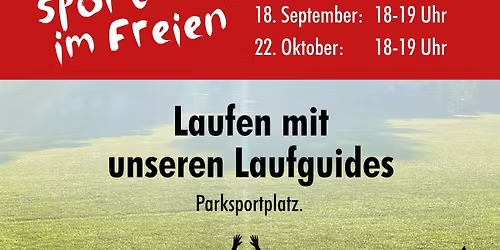
Advertisement
🎟️ Tickets unter: [email protected]Faust und Mephisto geraten in der Walpurgisnacht in eine traumhafte Welt voller Verlockung und Irreführung – ein Bild, das auch das Ensemble klangwerk am bauhaus musikalisch aufgreift. Der Abend führt mit zwei Uraufführungen Weimarer Komponisten und eigenen Reflexionen durch düstere Episoden und überraschende Wendungen.
Eröffnet wird das Konzert mit Das letzte Gesicht von Peter Helmut Lang – ein Werk zum 80. Jahrestag der Befreiung Buchenwalds. Es erinnert an die NS-Verbrechen und setzt zugleich ein Zeichen der Hoffnung. Der Titel bezieht sich auf eine Skulptur des Häftlings Bruno Apitz aus der sogenannten »Goethe-Eiche«.
Eine andere historische Spur beleuchtet der Germanist W. Daniel Wilson: ein rätselhaftes Manuskript aus Ilmenau (1803) zeigt, wie die Bevölkerung Faust und Mephisto sah – eine Perspektive, die Goethe kannte. Diese Figuren tauchen auch in Marcus Aydintans Komposition Irrlichter auf.
🎟️ Tickets at: [email protected]
On Walpurgis Night, Faust and Mephisto find themselves in a dreamlike world full of temptation and deception - an image that the ensemble klangwerk am bauhaus takes up musically. With two world premieres by Weimar composers and their own reflections, the evening leads through dark episodes and surprising twists and turns.
The concert opens with The Last Face by Peter Helmut Lang - a work for the 80th commemoration of the liberation of Buchenwald. It is a reminder of the Nazi crimes and at the same time a sign of hope. The title refers to a sculpture by inmate Bruno Apitz from the so-called “Goethe Oak”.
Another historical trace is illuminated by the German scholar W. Daniel Wilson: a mysterious manuscript from Ilmenau (1803) shows how the population saw Faust and Mephisto - a perspective that Goethe was familiar with. These figures also appear in Marcus Aydintan's composition Irrlichter.
Advertisement
Event Venue & Nearby Stays
Am Schießhaus, 99425 Weimar, Deutschland, Am Schießhaus 28, 99425 Weimar, Deutschland, Weimar, Germany






